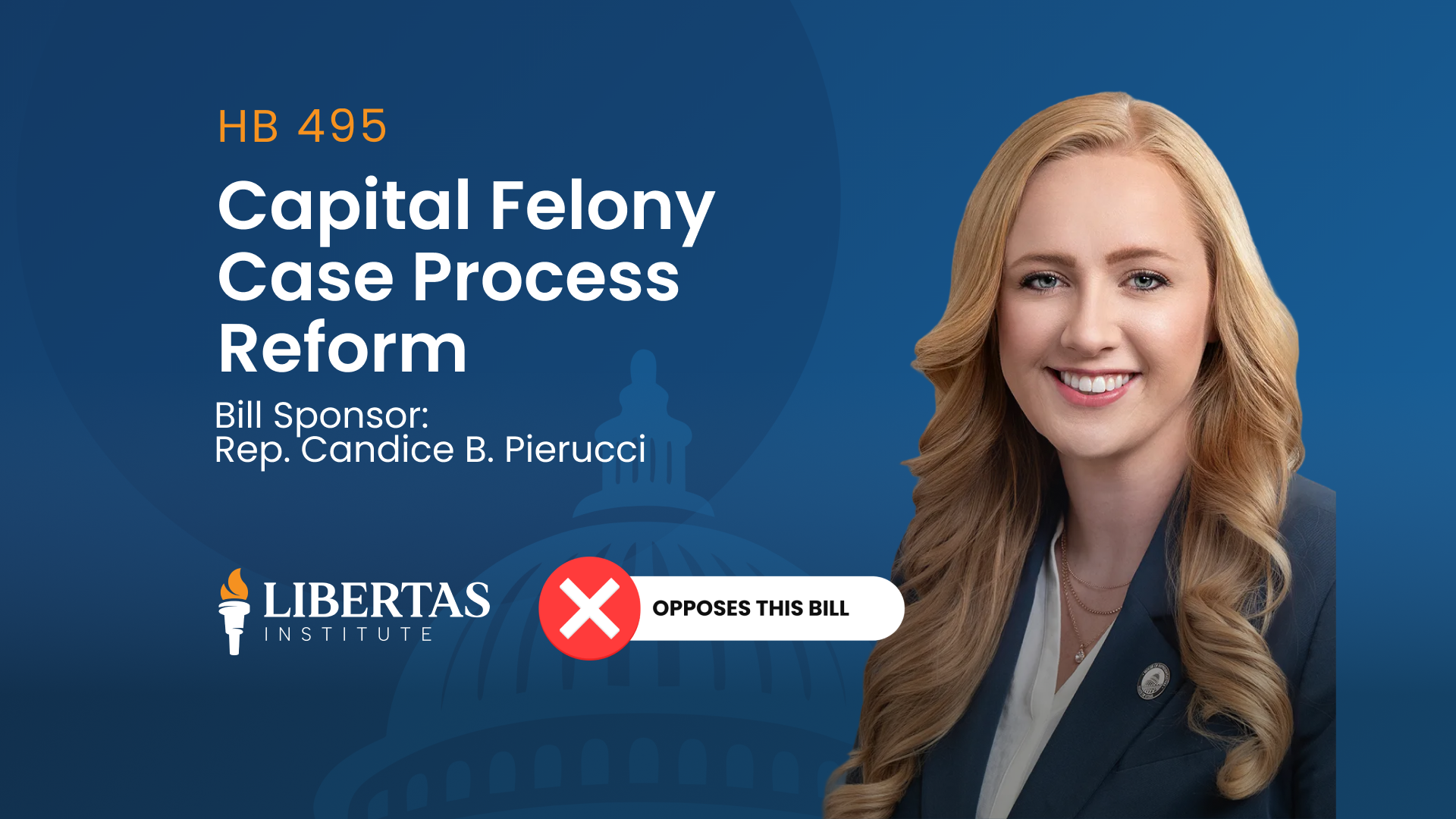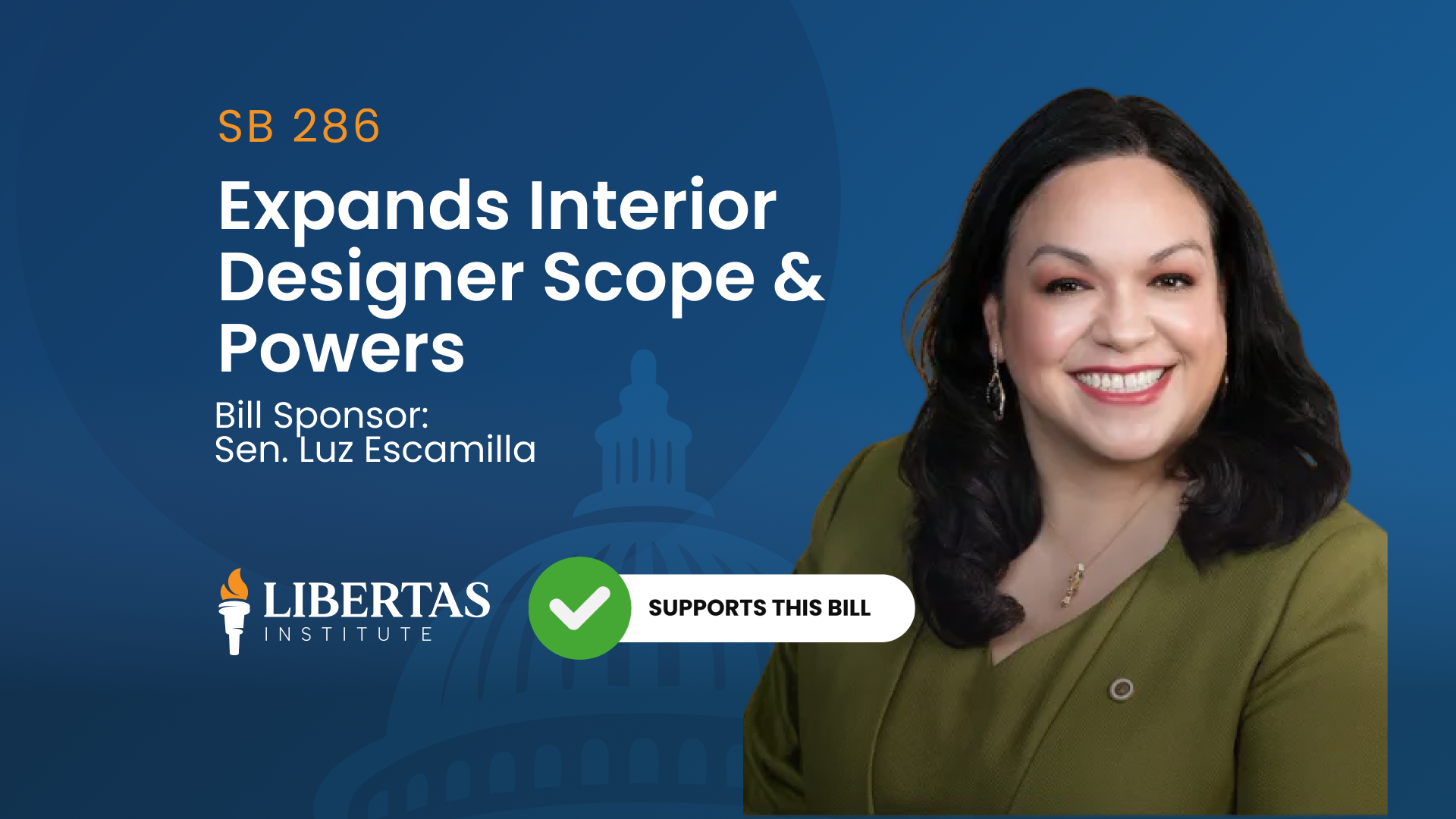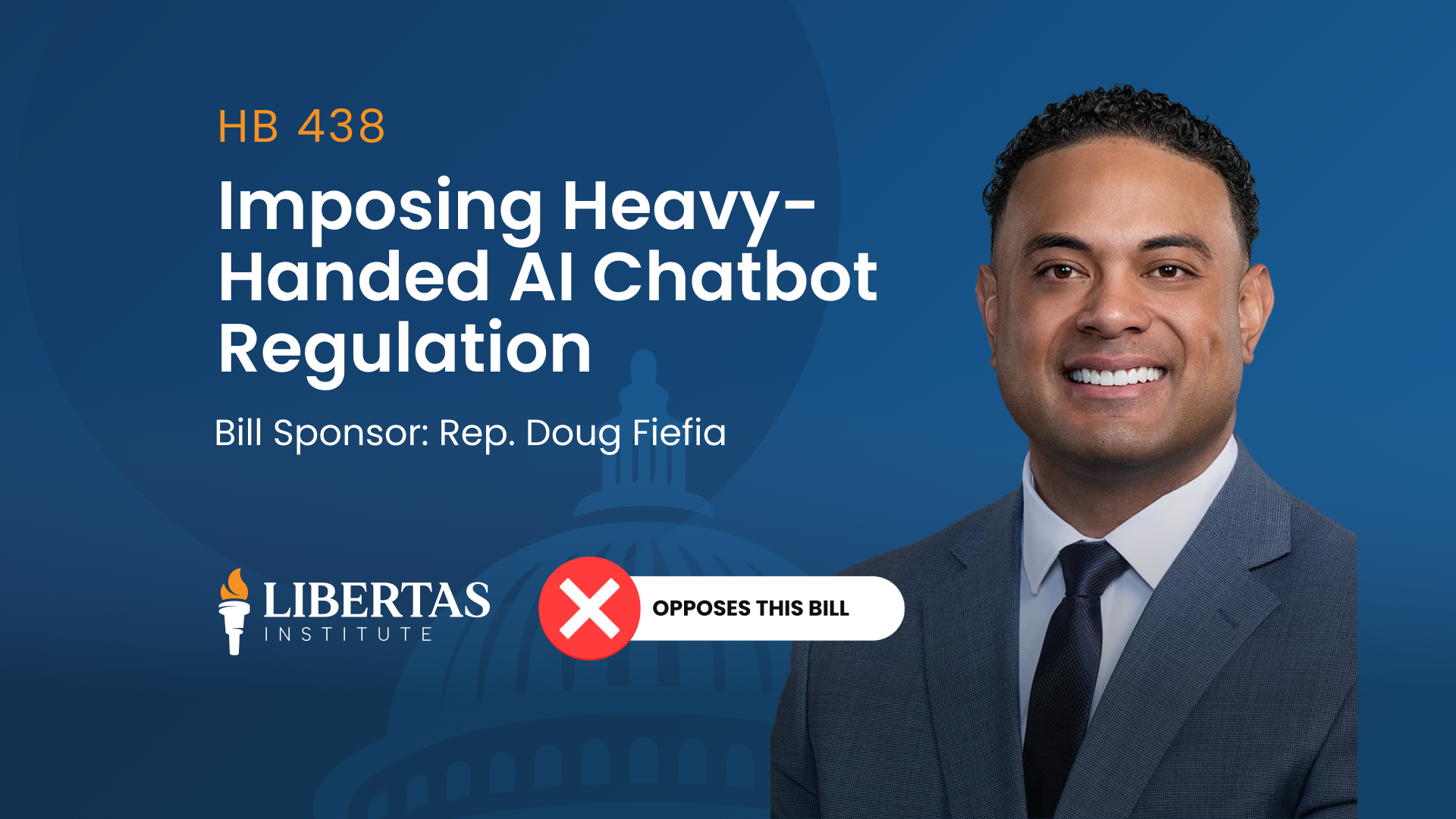To track the status of this bill, find it on our Legislation Tracker. Click here to contact the sponsor of the bill to share your thoughts, or click here to email your Senator and Representative about it.
Libertas Institute supports this bill
Utah was not alone in responding to a nationwide outcry for police reform following the death of George Floyd and Breonna Taylor in 2020. And while some angry protestors got violent, others called on their state to defund and even abolish the police. But that goes too far and is not productive in getting us to a stable future with safe communities and a solid police force that is supported as an institution yet held accountable for wrongdoing when it occurs. This is what most reasonable Utahns want.
Representative Kera Birkeland has a nuanced answer that directly responds to concerns with current policing practices without impacting the legitimacy of law enforcement. She is sponsoring House Bill 154, which approaches police reform in a smart and workable way.
The bill prohibits a peace officer from employing additional force against a person who has already been subdued or is cooperating with commands. And only if they present an imminent risk of serious bodily injury or death can an officer use reasonable force against them.
HB 154 creates a duty to intervene to ensure that if an officer is using unlawful physical force or violating department policy or state law, surrounding officers can hold them accountable. In this scenario, another officer at the scene must, without regard for the chain of command, intervene or attempt to de-escalate if they can reasonably do so. And after the incident, they have to document and file a report about what happened. If the agency determines an officer has intentionally violated this part of the law, they will be reported to the Peace Officer Standards and Training (POST).
Before using deadly force, this bill requires officers to identify themselves, and give a clear verbal warning about intent to use with sufficient time for the warning to be followed. Officers must obey this law unless doing so would place themselves or another individual at imminent risk of serious bodily injury or death. They must also attempt to de-escalate the situation before resorting to force.
If the officer does use force, it’s not legally justified, in this bill, if the officers at the scene gave conflicting commands to the individual who was killed, confusing them on which to follow. If the officer was criminally negligent, including situations where the victim was an individual other than the suspect the officer was seeking to arrest, the officer’s actions are not justified under this bill.
When prosecutors investigate officer-involved critical incidents, HB 154 requires them to consider the totality of the circumstances of the case, including the events that led up to the event. This legislation would require them to consider if an officer could have reasonably de-escalated the situation if the officer identified themselves and gave a verbal warning, if the force was necessary, if less-lethal force was available for use, and whether the officer’s own conduct escalated the situation. These events are often viewed in a vacuum of time, which prevents the full story from being evaluated in an investigation, but this bill would change that.
Lastly, this bill addresses the time of an investigation involving an officer’s misconduct, requiring that they be completed within 90 days of the incident. If it is not complete by that time, the county or district attorney shall post a public statement on their website stating a reasonable estimate for completion and the reason for the delay. Once it is complete, the final findings shall be published on their website within five days of completion. This measure is to ensure that investigations are handled promptly, especially in highly emotional cases where the public is often left wondering whether justice will be served.




